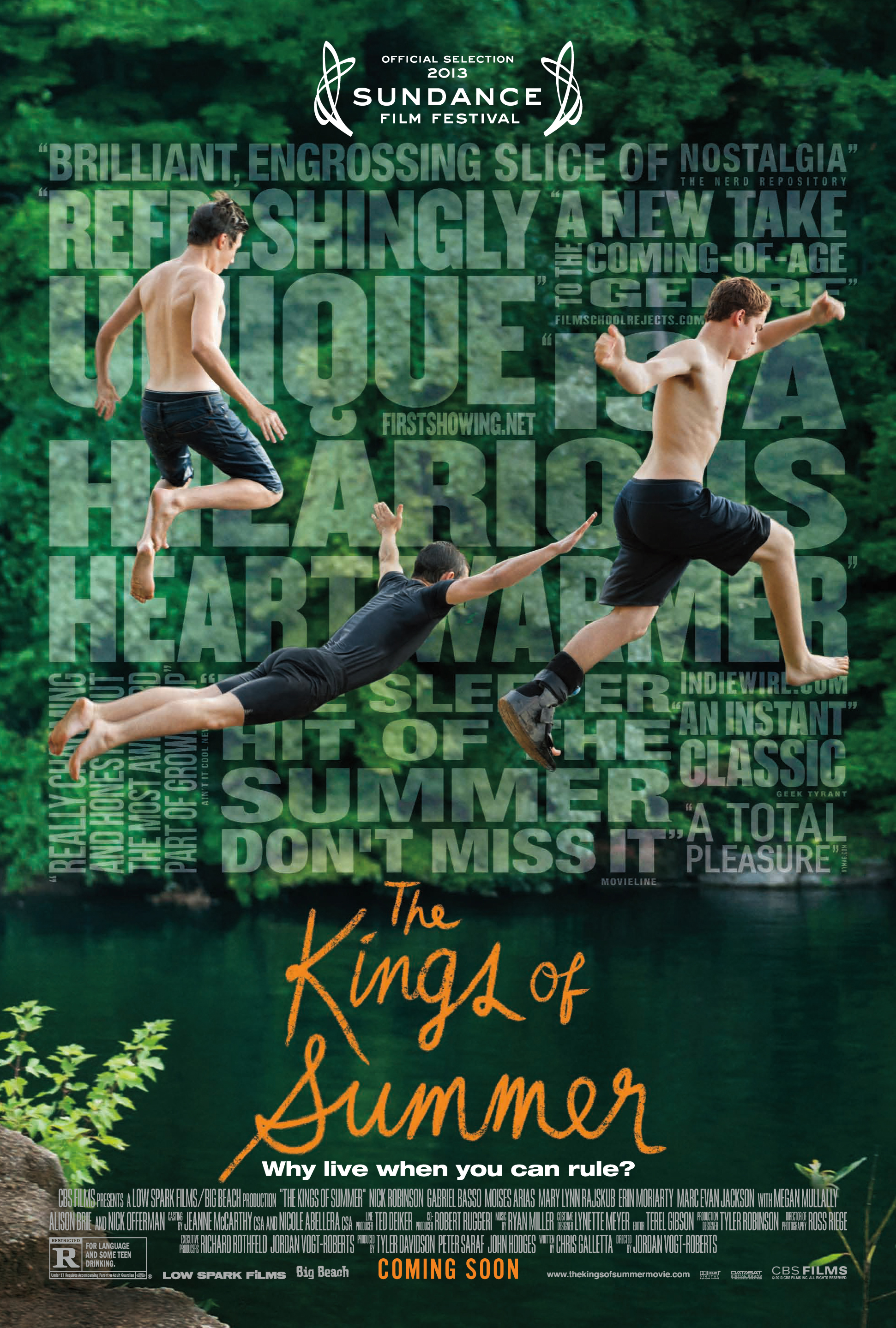As I'm sure many other YouTube-hounding Millennials do, I remember in 2007 when everybody's favourite theatrical Britney Spears fanboy Chris Crocker exploded online with his videa demanding we “LEAVE BRITNEY ALONE!” That was the first viral video I saw (although I've since seen several earlier one like Star Wars Kid) and admittedly I found it hilarious like virtually everybody else. Since then there's been Psy's Gangnam Style clip, that shirtless Romeo with “My video for Briona” (which to me was so creepy it felt like him screen-testing for a role as a slasher movie villain), and Susan Boyle's Britain's Got Talent audition clip among others (that one even made the 6pm news here. No joke).
But now, in 2017, it seems the term
“viral video” is thrown around like rice at a wedding. Virtually
every week now a new one apparently comes along, but now almost none
are as high-profile (if that word can be used to describe
fifteen-minute fame) as those earlier ones, with far less parodies et
cetera. Why? It's like going viral has become devalued now.
Plus, considering what DOES go viral online now reminds me of just how much we misprioritise now. Over two billion people, at least, are beset with poverty, inequality or war and yet, you look at the 'Trending' bar currently on any social media website and odds are it will be clogged with superficial, materialistic horseshit. What fucking goes?
I don't know, though I stand by all of that. But I still wish something of mine would go viral. Something I'm proud of, that is.
Plus, considering what DOES go viral online now reminds me of just how much we misprioritise now. Over two billion people, at least, are beset with poverty, inequality or war and yet, you look at the 'Trending' bar currently on any social media website and odds are it will be clogged with superficial, materialistic horseshit. What fucking goes?
I don't know, though I stand by all of that. But I still wish something of mine would go viral. Something I'm proud of, that is.

